When one thinks about a career in video game development, excitement and creativity often come to mind. The image painted by media and popular culture tends to be an exhilarating one—an environment buzzing with innovation where artists and coders alike bring fantasy worlds to life. However, beneath this glamorous facade lies a gritty reality. The industry is fraught with immense pressure, anxiety, and stress that can overshadow the creativity it purports to celebrate. The experiences shared by directors like Katsuhiro Harada, legendary creator of the Tekken series, reveal a deeper truth: this “dream job” often extracts a steep price on mental and emotional health.
Harada’s candid reflections, particularly surrounding the rocky launch of Tekken 4 in 2001, unveil the emotional turmoil of video game developers. Rather than simply focusing on design or gameplay, Harada shares the profound personal consequences of the industry’s demanding nature. This internal strife is universal, resonating with many in the creative landscape. The superficial allure of game development must be critically examined, as it too often glosses over the darker side of relentless deadlines and public scrutiny.
The Hidden Costs of Pressure
One cannot overlook the physical implications of stress that Harada faced. His anxiety was not only emotional; it manifested into real, tangible health issues, including hair loss. Such a peculiar symptom, possibly linked to stress-induced disorders like alopecia areata, starkly illuminates the often-ignored reality that creativity can turn toxic under pressure. Game developers become vessels of their creations, yet they frequently neglect their well-being for the sake of delivering something extraordinary to the gaming community. The fervor for excellence and fan approval can morph into an oppressive weight—the kind that can adversely derail one’s mental health.
Consider the relentless scrutiny that comes with being a game developer—a realm where the loudest voices often drown out the softer, more supportive ones. Harada’s experience of wrestling with public criticism post-launch demonstrates the vulnerability that underlies the development process. Despite pouring heart and soul into a project, the response can still be vitriolic. This atmosphere perilously teeters on the edge of toxic, exacerbating feelings of isolation and despair among creators—a reality that often sees them battling not just for fan approval but for their very sanity.
The Double-Edged Sword of Critique
Criticism is an intrinsic part of any creative endeavor, but it is often wielded thoughtlessly and without context. Harada’s realization that constructive feedback should carry an inherent sense of support is both vital and overdue. The industry must navigate the fine line between critique and devastation, understanding that harsh judgments often come at the expense of a creator’s mental health. It’s a truth that begs for compassion in a space too often dominated by cold assessments devoid of emotional consideration. This issue magnifies further when one considers how criticism can skew public perception—an initial backlash may fade over time, leaving room for retrospective appreciation of what once was disparaged.
Such reflections tie into a profound question: how can we reshape the landscape of critique in the creative industry? It’s possible to foster a culture that uplifts rather than tears down. Developers like Harada become vessels for both creativity and vulnerability, challenging those who consume their content to cultivate an empathetic understanding of the often-hidden struggles behind the curtains. With the expectation that creators produce “the next big thing,” the gaming community has a responsibility to create supportive structures that allow developers to flourish while maintaining mental wellness.
Lessons from Adversity
Indeed, Harada’s journey exemplifies resilience through adversity. The hard-won lessons he gathered during the stressful release of Tekken 4 have inevitably influenced his approach toward subsequent projects. His voluntary retreat from Bandai Namco in the face of stress reveals a deeper understanding of personal limits; acknowledging these boundaries is not weakness; it’s a profound act of self-advocacy. By sharing his journey, he urges decision-makers within the industry to consider the well-being of their teams, striving for a balance between commercial success and mental health.
This necessity for change manifests itself in more than just words; there is a clear call for substantial wellness initiatives in the gaming industry. Developers should feel empowered to prioritize their mental health without fear of repercussions—an ethos that can lay the groundwork for a sustainable creative environment.
Embracing Change for Future Success
As Harada continues to innovate measures for the Tekken series, it’s clear that the shadows of past struggles inform present practices. Each character and gameplay feature is imbued not just with creativity but with the wisdom of experience. The light-hearted notion of incorporating whimsical elements like Colonel Sanders into game narratives speaks to Harada’s continued commitment to push boundaries—the essence of good game design, after all, lies in balancing whimsy with depth.
In a rapidly evolving digital landscape, where well-crafted experiences are paramount, acknowledging the human element behind the avatars and storylines is essential. The evolution of Tekken is not merely about maintaining a legacy; it’s also about nurturing the human stories—the fearless creators and their invisible battles that enable gamers to live out their fantasies. It serves as a poignant reminder that while we celebrate technological advancements and engaging gameplay, it’s crucial to elevate the voices and well-being of those who make them possible.
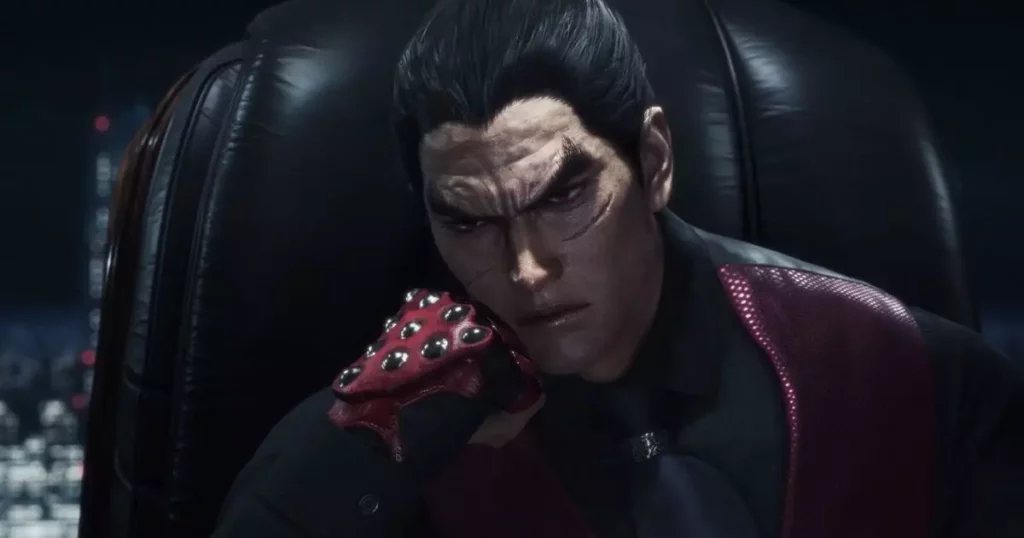
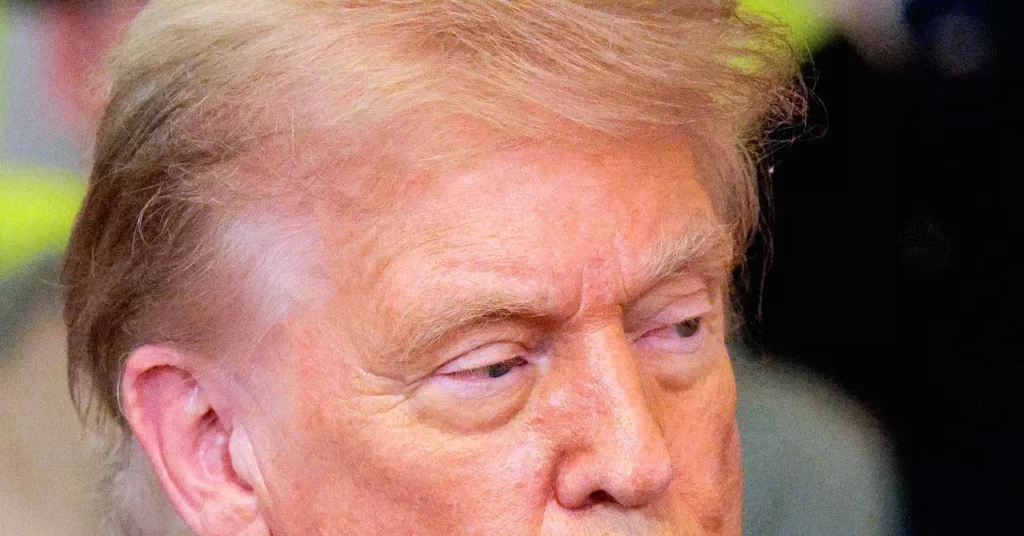
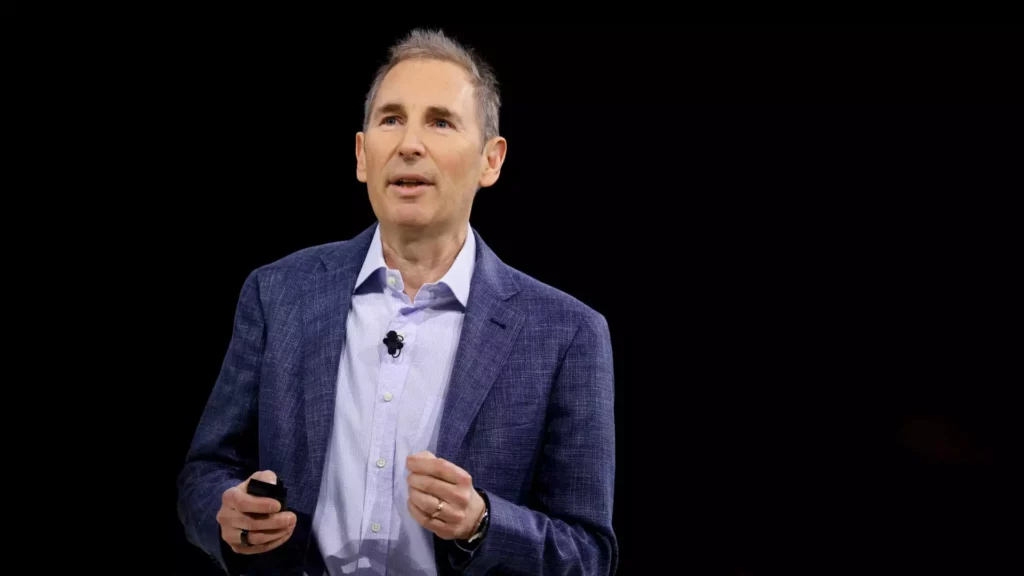
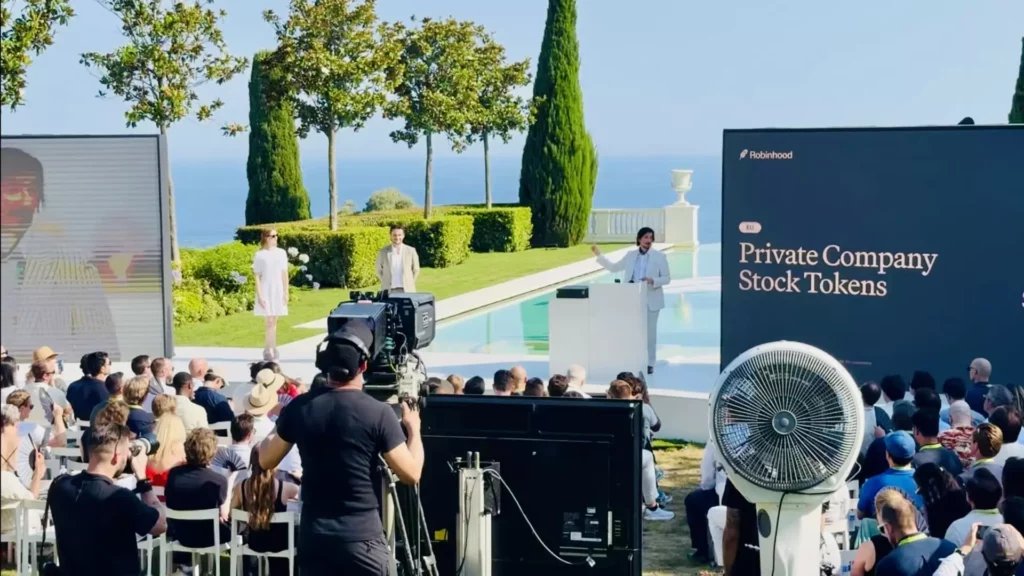

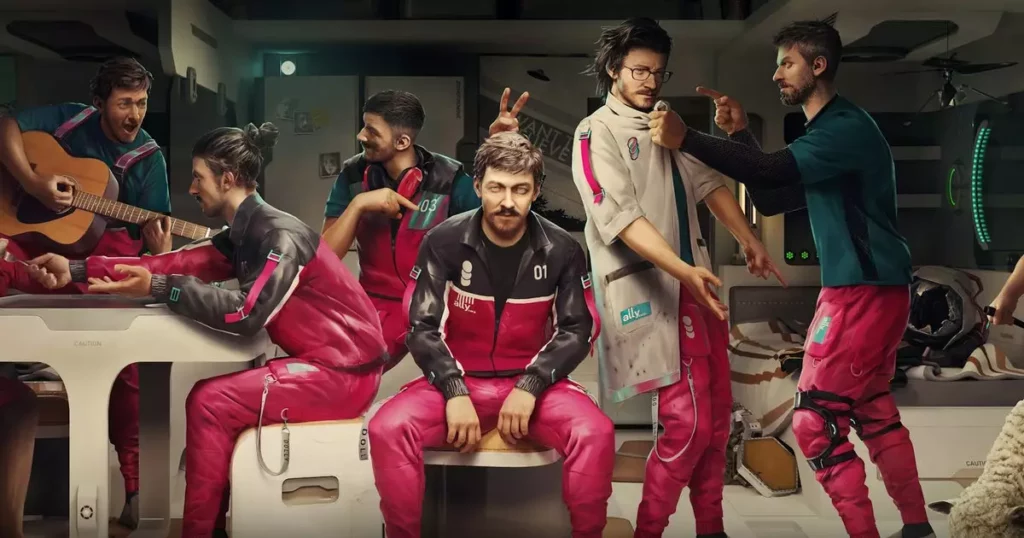
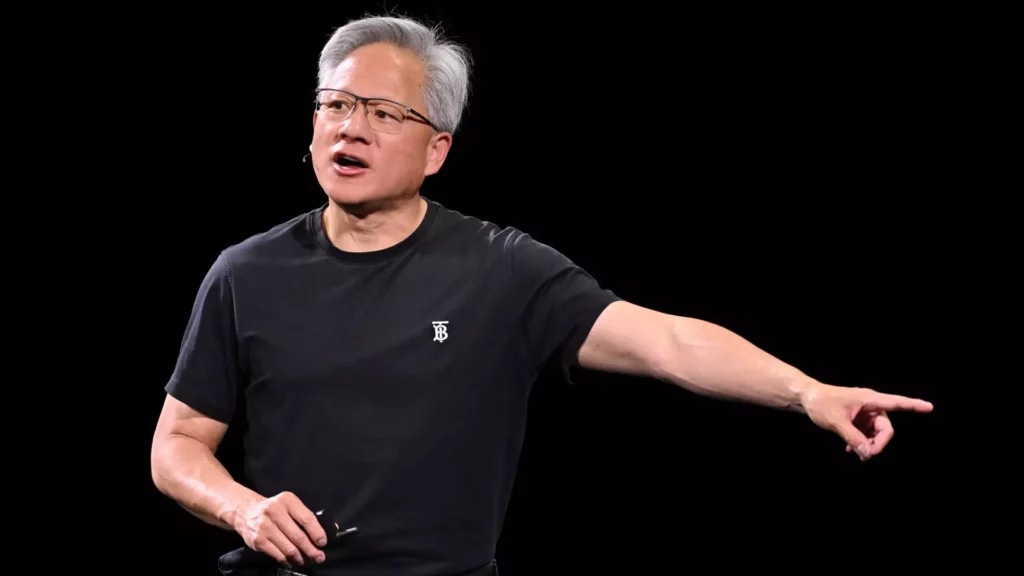

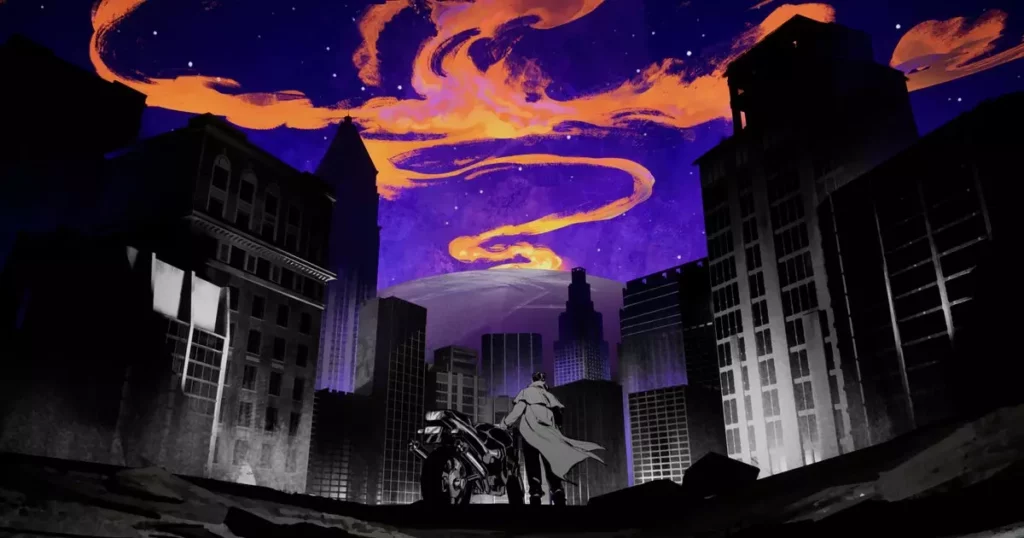
Leave a Reply